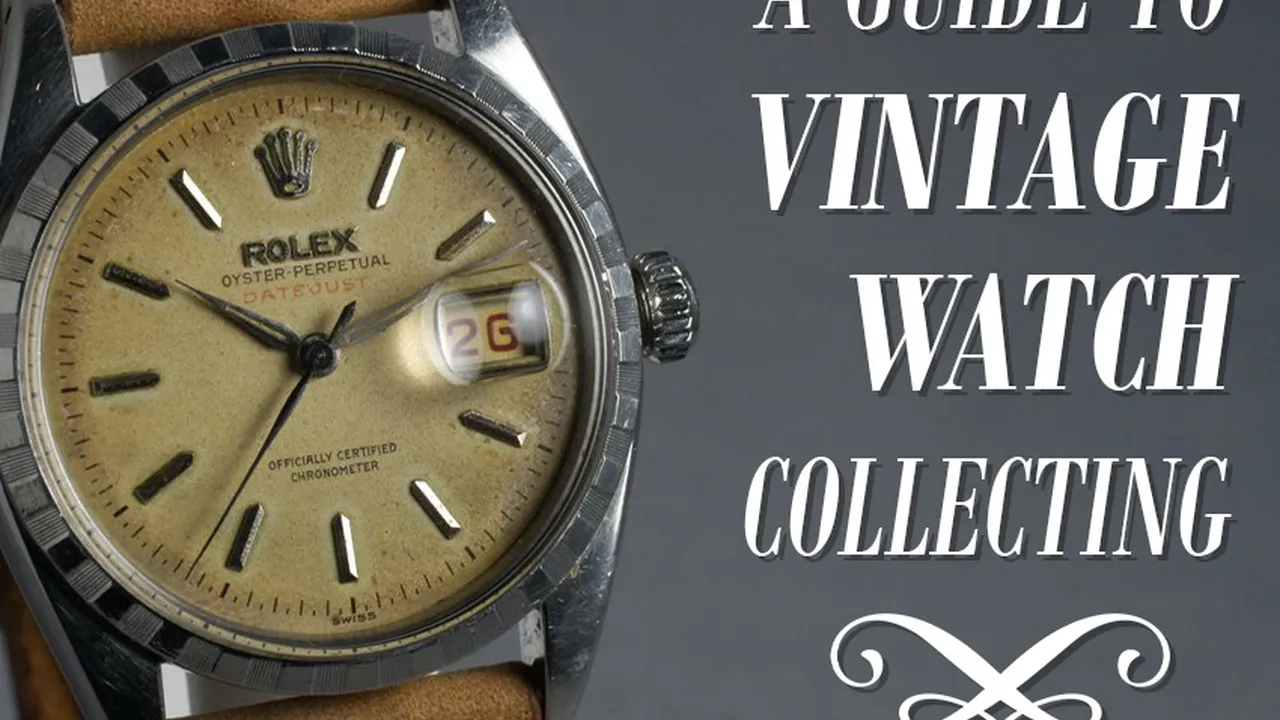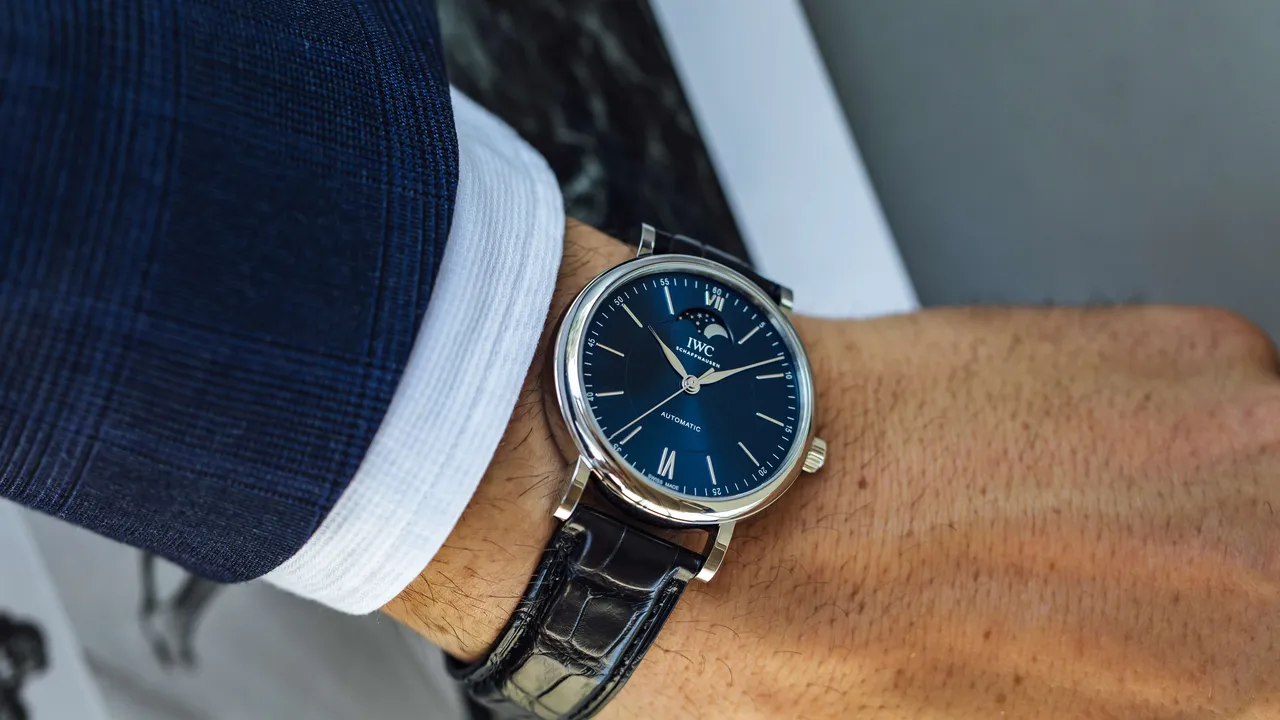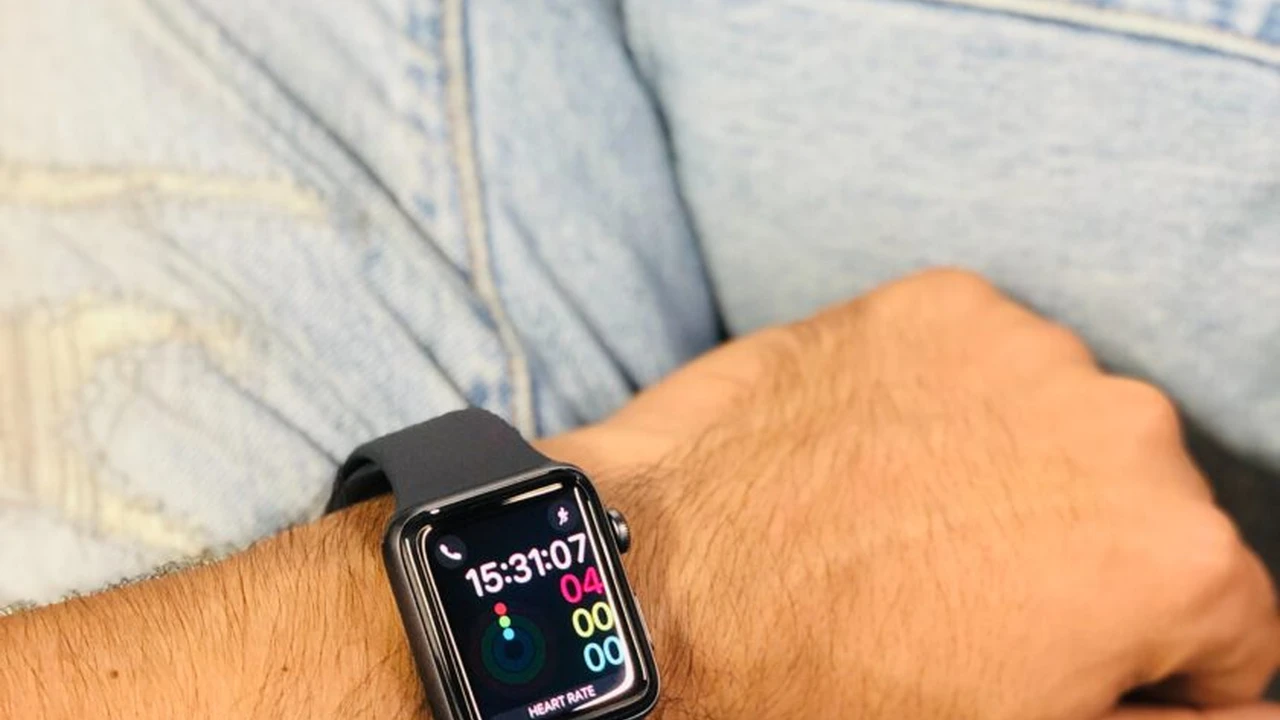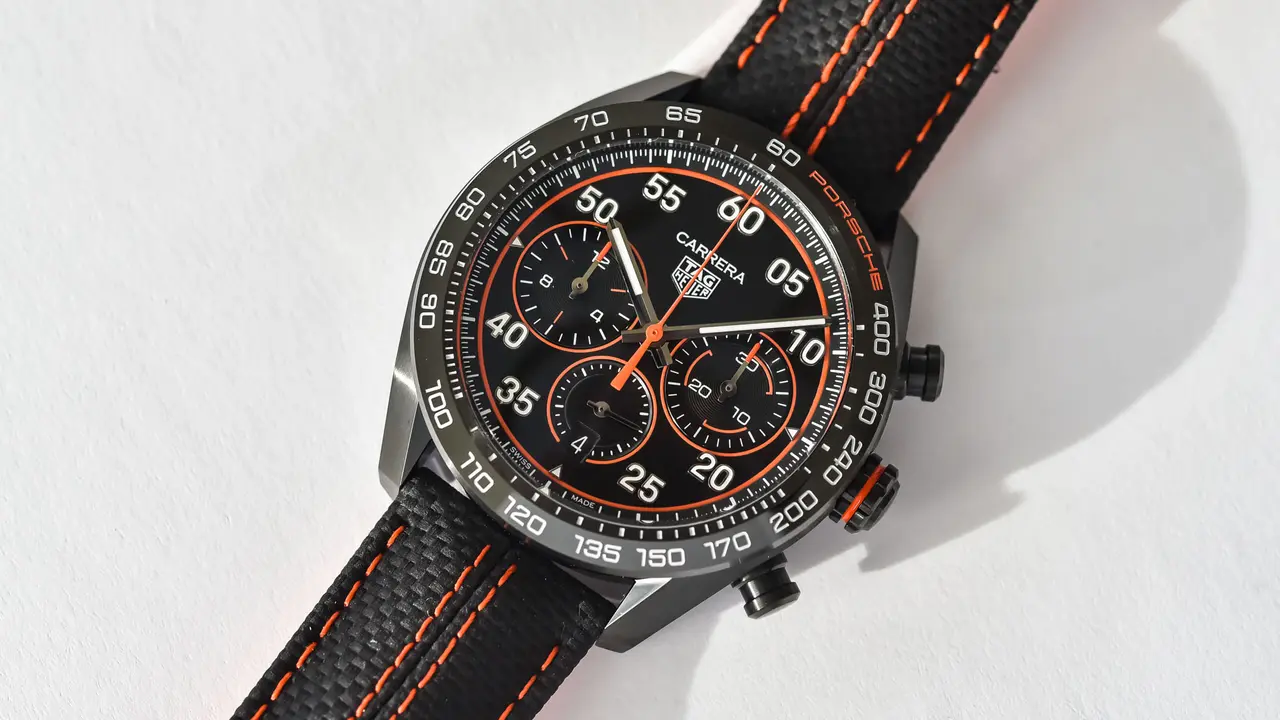Smartwatch Health Tracking Accuracy: A Deep Dive
Discover the accuracy of smartwatch health tracking features. Understand the limitations and benefits of using a smartwatch for health monitoring.
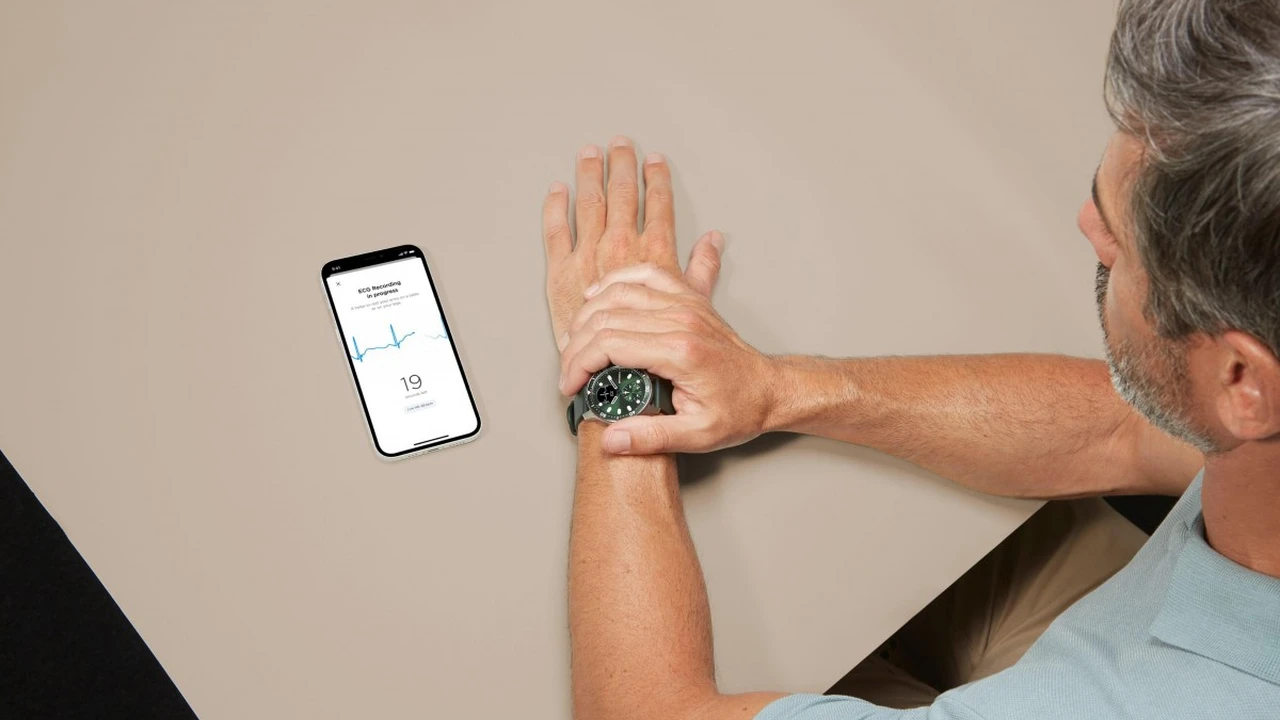
Introduction: How Accurate is Your Smartwatch Health Data?
Hey watch enthusiasts! Ever wondered just how accurate that little device on your wrist really is when it comes to tracking your health? We're diving deep (pun intended for our dive watch fans!) into the world of smartwatch health tracking. It's easy to get caught up in the hype, but it's crucial to understand the limitations and benefits before relying solely on your smartwatch for health insights. We'll explore the different sensors, algorithms, and real-world scenarios to give you the full picture.
Smartwatch Sensors: The Tech Behind the Tracking
Let's break down the tech that makes smartwatch health tracking possible. The primary sensors you'll find in most smartwatches include:
- Heart Rate Sensor: Typically using photoplethysmography (PPG), which shines a light through your skin and measures the changes in light absorption caused by blood flow.
- Accelerometer: Measures movement and acceleration, used for step counting, activity tracking, and sleep analysis.
- Gyroscope: Tracks orientation and rotation, helping to improve the accuracy of movement tracking.
- GPS: (Global Positioning System) Used for tracking outdoor activities like running, cycling, and swimming, providing location and distance data.
- SpO2 Sensor: (Pulse Oximetry) Measures the oxygen saturation level in your blood, indicating how well oxygen is being carried throughout your body.
- ECG Sensor: (Electrocardiogram) Found in some high-end smartwatches, it records the electrical activity of your heart, allowing for detection of irregularities like atrial fibrillation.
- Skin Temperature Sensor: Measures your skin temperature, which can be used for tracking menstrual cycles and potential signs of illness.
Heart Rate Monitoring Accuracy: What to Expect
Heart rate monitoring is one of the most common and arguably most important health tracking features. While smartwatches have come a long way, they're not perfect. Factors that can affect accuracy include:
- Fit: A loose or improperly fitted watch can lead to inaccurate readings. The sensor needs to be in close contact with your skin.
- Skin Tone: Darker skin tones can sometimes affect the accuracy of PPG-based heart rate sensors.
- Movement: Intense movement during exercise can interfere with the sensor's ability to accurately detect blood flow changes.
- Environmental Factors: Cold temperatures can constrict blood vessels, potentially affecting the readings.
Product Recommendations:
- Apple Watch Series 9: Known for its generally accurate heart rate monitoring, particularly during steady-state activities. Around $399. Good for everyday use and casual fitness tracking.
- Garmin Forerunner 965: Excellent for serious athletes. Provides highly accurate heart rate data even during intense workouts. Around $599. Best suited for runners, cyclists, and triathletes.
- Fitbit Sense 2: Offers good heart rate tracking with the added benefit of stress management features. Around $249. Ideal for those looking to manage stress and monitor overall well-being.
Comparison: The Garmin Forerunner 965 tends to be more accurate during high-intensity workouts compared to the Apple Watch Series 9, which excels during more stable activities. The Fitbit Sense 2 offers a good balance of accuracy and features for the average user.
Step Counting Accuracy: Are You Really Walking That Much?
Step counting is another popular feature, but it's important to remember that smartwatches estimate your steps based on movement. This means they can be prone to errors. Things like arm movements while sitting, driving, or even typing can be misinterpreted as steps. Calibrating your watch to your stride length can help improve accuracy.
Sleep Tracking Accuracy: Decoding Your Zzz's
Smartwatches use accelerometers to track movement during sleep, which allows them to estimate sleep stages like light sleep, deep sleep, and REM sleep. However, sleep tracking accuracy is often limited. Smartwatches can struggle to differentiate between different sleep stages accurately. They also may not be able to detect sleep disorders like sleep apnea. A dedicated sleep study in a lab is still the gold standard for diagnosing sleep problems.
GPS Accuracy: Getting Lost (Or Not) During Your Run
GPS accuracy is crucial for outdoor activities. Most smartwatches use GPS to track your location, distance, and pace. Factors that can affect GPS accuracy include:
- Buildings and Trees: Tall buildings and dense foliage can obstruct GPS signals, leading to inaccurate tracking.
- Weather Conditions: Heavy cloud cover can also interfere with GPS signals.
- Warm-up Time: It often takes a minute or two for a smartwatch to acquire a GPS signal. Starting your activity before the signal is locked can result in inaccurate initial data.
SpO2 Monitoring Accuracy: A Useful Tool, But Not a Replacement for Medical Devices
SpO2 sensors measure your blood oxygen saturation. This can be useful for monitoring overall health and detecting potential respiratory issues. However, it's important to understand that smartwatch SpO2 readings are not medical-grade and should not be used for diagnosing or treating any medical condition. Factors like skin perfusion, movement, and ambient light can affect the accuracy of SpO2 readings.
ECG Monitoring Accuracy: Detecting Heart Irregularities
Some smartwatches, like the Apple Watch and certain Fitbit models, offer ECG functionality. This allows you to take a single-lead ECG reading, which can be helpful in detecting atrial fibrillation (AFib). However, it's important to remember that a smartwatch ECG is not a substitute for a full 12-lead ECG performed by a medical professional. It can provide a useful screening tool, but any abnormal readings should be followed up with a doctor.
Skin Temperature Monitoring Accuracy: Insights into Your Body
Skin temperature sensors are increasingly common in smartwatches. These sensors can be used to track changes in your baseline skin temperature, which can be helpful for identifying potential signs of illness or tracking menstrual cycles. Accuracy can be affected by environmental factors and how tightly the watch is worn.
The Role of Algorithms: Software's Impact on Accuracy
It's not just about the hardware; the algorithms used by smartwatches play a huge role in the accuracy of health tracking data. Different companies use different algorithms to process sensor data, which can lead to variations in accuracy. Software updates can often improve the accuracy of these algorithms. Keep your smartwatch software up to date to benefit from the latest improvements.
Using Smartwatch Data Effectively: Context is Key
Smartwatch health data can be a valuable tool for monitoring your overall well-being. However, it's crucial to use the data in context and not rely solely on it for making medical decisions. Consider these tips:
- Establish a Baseline: Track your health metrics over time to establish a baseline. This will help you identify trends and potential anomalies.
- Compare to Other Data: Compare your smartwatch data to other sources of information, such as readings from medical devices or your doctor's recommendations.
- Consult a Doctor: If you have any concerns about your health, consult a doctor. Don't rely solely on your smartwatch for diagnosis or treatment.
The Future of Smartwatch Health Tracking: What's Next?
The future of smartwatch health tracking is bright! We can expect to see even more advanced sensors, improved algorithms, and integration with other health devices and platforms. Continuous glucose monitoring (CGM) integration is a potential future development. Improved accuracy and reliability will also be key areas of focus. Smartwatches are poised to play an increasingly important role in preventive healthcare and personalized wellness.
:max_bytes(150000):strip_icc()/277019-baked-pork-chops-with-cream-of-mushroom-soup-DDMFS-beauty-4x3-BG-7505-5762b731cf30447d9cbbbbbf387beafa.jpg)



